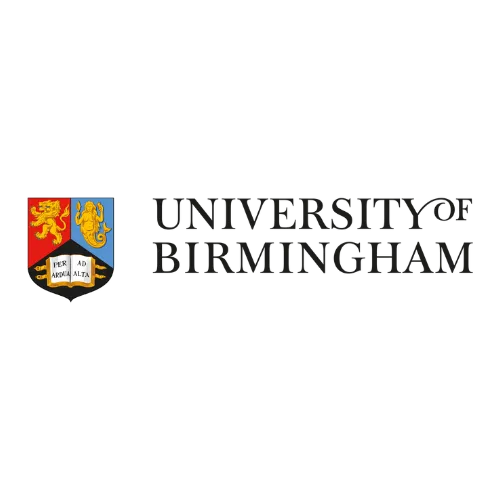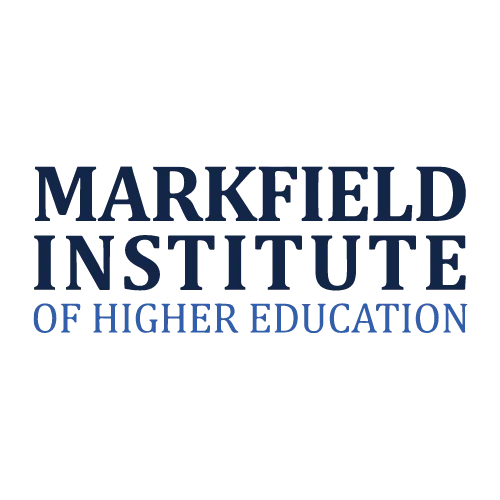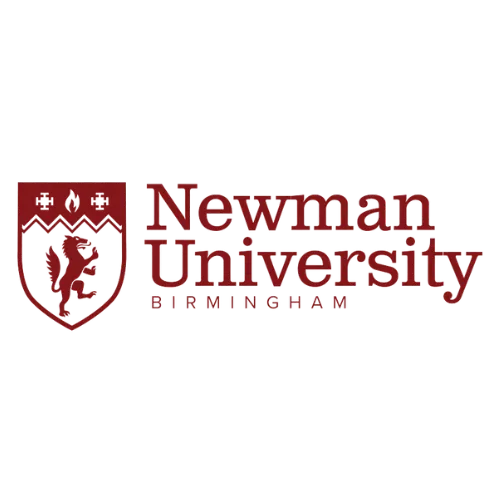
1 year
September 2024
Arabic Language

While there are no formal academic requirements, it is essential for prospective students to possess the ability to read the Arabic language. This foundational skill will ensure that all participants can fully engage with the course materials from the outset. Students from “non-standard” settings, who do not meet the above-mentioned criteria and those with informal learning are welcome to apply and will be considered on an individual basis.
Students whose first language is not English will need to show proof of English language proficiency.
Evidence may take one of the following forms:

The aim of the Arabic Language Programme is to develop a thorough grasp of Arabic through a curriculum that emphasizes the core linguistic skills: reading, writing, listening, and speaking. Students will be immersed in a learning environment that prioritizes the acquisition of these skills, enabling them to communicate effectively and confidently in a variety of contexts. The programme is designed to build a strong foundation in the language, by focusing on the practical application of language skills and supporting students in achieving fluency and proficiency that will serve them in academic research or in any professional field where Arabic is used.

Our Arabic Language Programme is a 1-year course tailored to elevate students from beginner to higher intermediate levels, concentrating primarily on the linguistic aspects of reading, writing, listening, and speaking.
The curriculum begins with emphasizing reading and writing skills, coupled with foundational grammar and vocabulary for sentence construction and daily communication. Progressing to listening skills, the programme includes diverse listening exercises to bolster comprehension, followed by speaking proficiency enhancement through regular practice, role-playing, and pronunciation exercises. As students advance, they delve into intermediate reading and writing, analysing texts to improve comprehension and crafting essays, while also honing advanced communication skills for complex conversations and presentations. Assessments comprise written exams, oral presentations, listening tests, and class participation, ensuring a well-rounded mastery of the Arabic language.

| Module | Code | Credits | Contact | GLH |
|---|---|---|---|---|
| Arabic 1 | AR001 | 20 | 30 | 80 |
| Arabic 2 | AR002 | 20 | 30 | 80 |
| Language Skills | ARL06 | 20 | 120 | 80 |
| Skills Workshops | N/A | N/A | 30 | N/A |

After this programme learners will have knowledge and understanding of:
Knowledge and understanding are acquired and developed through formal teaching which may take the form of lectures, seminars, and individual feedback or a combination of these methods, along with recommended reading, and the writing of essays and a dissertation.
The summative assessment of knowledge and understanding take the form of a combination of methods including coursework, formal examinations and oral presentations. Formative assessment is ongoing throughout the programme and will usually include feedback in classes and seminar-based tasks.
Skills will be introduced in lectures and developed through selective and focused reading, writing of essays and examinations. Critical modes of enquiry will be developed and fostered through the study of specific topics, workshops, personal study and seminar discussions. Through the preparation for essays and projects, learners’ research and analytical skills will be reinforced. Group work and the subsequent peer assessments will advance learners’ ability to give and receive constructive criticism and build on feedback.
Essays, collaborative assignments and projects assess all areas of intellectual skills, while summative examinations and formative tests assess the ability to collect and process information and arguments under strict time constraints. Independent study and the Dissertation allow the evaluation of wider personal and independent research and independent interpretation.
Practical skills are developed through seminar classes, the writing of essays and group projects.
These skills are assessed through examinations, presentations and in the oral-examinations.
| Module | K1 | K2 | K3 | C1 | C2 | P1 | P2 | P3 | P4 | T1 | T2 |
|---|---|---|---|---|---|---|---|---|---|---|---|
| AR001 | 🗸 | 🗸 | 🗸 | 🗸 | 🗸 | 🗸 | 🗸 | 🗸 | 🗸 | 🗸 | |
| AR002 | 🗸 | 🗸 | 🗸 | 🗸 | 🗸 | 🗸 | 🗸 | 🗸 | 🗸 | 🗸 | 🗸 |
| ARL06 | 🗸 | 🗸 | 🗸 | 🗸 | 🗸 | 🗸 | 🗸 | > |

The institute offers learners extensive support for their learning via a variety of services, including the institute library, 1:1 tutorials, skills workshops and online portals. The workshops provide learners with opportunities to develop their academic skills and thinking by delivering carefully planned content across an array of topics including, academic writing, referencing, critical thinking and effective study skills.
Learners can book sessions with their tutors for 1:1 for academic or non-academic support. These tutorials allow the individual needs of learners to be assessed an appropriate action plans to be developed by the staff. Tutorials may be booked by staff if they feel it is required.

Learners will acquire and develop a broad range of transferrable skills:
With minimum guidance can work professionally within the discipline area and manage own learning using full range of resources for the discipline. Can manage and efficiently utilise a wealth of information for a variety of purposes including learning, teaching and research.
Can engage effectively in discussion and use a range of mediums to efficiently communicate information and opinion in a manner appropriate to the environment.







Our graduates progress to postgraduate studies at leading institutes, including:



